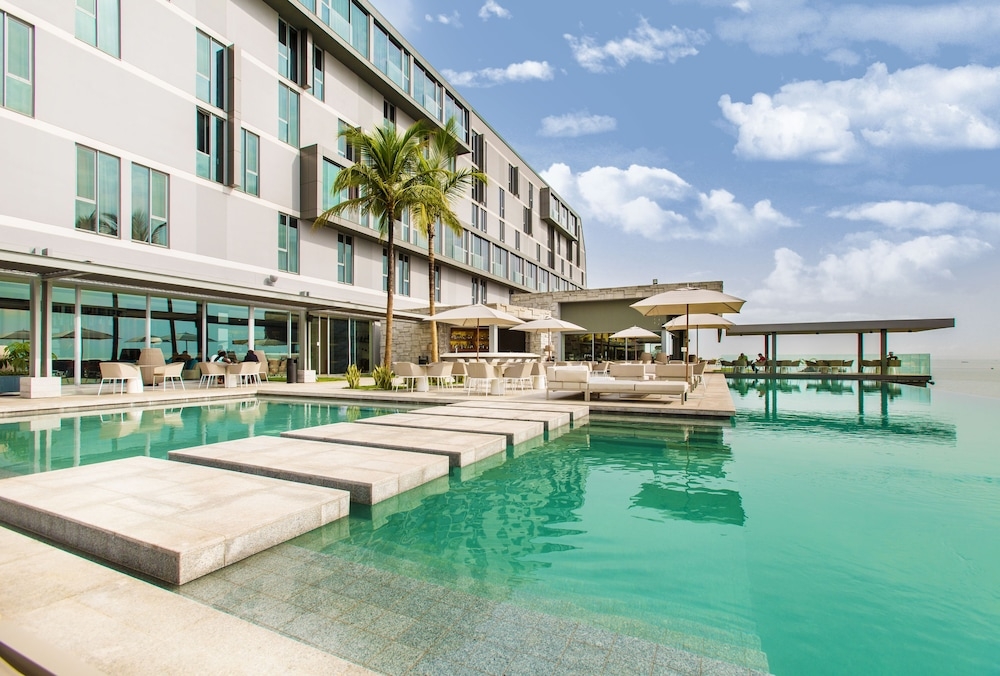
WEIGHT: 46 kg
Breast: AA
One HOUR:50$
NIGHT: +70$
Sex services: Swinging, Sex anal, Uniforms, Strap On, Extreme
This article describes the situation of Senegalese migrants returning to their country of origin because of a mental illness that appeared during the migratory experience. While the international migrant embodies a figure of success, the effects of illness and the temporality of treatment alter his status as a hero.
In the context of a moral economy, the family is gradually faced with the dilemma of remaining loyal to the migrant by bearing the cost of his health or giving up investing in a migrant considered more and more as a patient with no productive future. In a context where mental illness is a source of shame and dishonor, some sick migrants are abandoned by their families.

They find refuge with murid marabouts specialized in the treatment of mental illnesses. In accordance with the doctrine of labor mouride, the physical and psychic activities deploy therapeutic virtues and are salvatrices. The sufferings of exile and the hardships linked to the disease make sense in the therapeutic work undertaken. The author thanks all the public and private psychiatric services in Senegal, where she was able to conduct this survey, and their staff, institutions and associations for their hospitality and patience.
This research could not have taken place without the trust of the sick people and their family and friends, to whom we express our gratitude. Thanks are also extended to Keith Hodson for proofreading the text. We use original data to question the impact of mental health on migratory routes and what it reveals about the investment of family solidarity in the implementation of the migration project.

Migrants affected by mental illness may return on their own or be repatriated for health reasons to be treated in Senegal when their mental state deteriorates. We do not refer here to the use of psychiatric services by the children and wives of migrants, whereas observations show that they too are affected by the living conditions absence, waiting, secrecy, dependence imposed by the migratory experience on those who remain and are excluded from circulation.


































